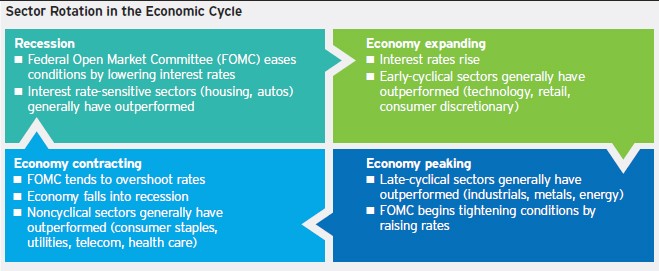6 Reasons You Need an Asset Allocation Strategy US News
Post on: 1 Апрель, 2015 No Comment

A disciplined asset allocation strategy can reduce portfolio risk.
Roger Wohlner
Your asset allocation strategy represents decisions about how much of your portfolio to allocate to various investment categories, such as stocks, bonds, cash, and other alternatives. Ideally, this strategy is an outgrowth of your financial plan. Some of the advantages of an asset allocation strategy include:
Providing a disciplined approach to diversification. An asset allocation strategy is another name for diversification, an important strategy for reducing portfolio risk. Since different investments are affected differently by economic events and market factors, owning different types of investments helps reduce the chance that your portfolio will be adversely affected by a particular risk type.
Encouraging long-term investing. An asset allocation strategy is designed to control your portfolio’s long-term makeup. It should not change based on economic conditions or market fluctuations. Over time, your asset allocation might change based on changes in your financial situation, your age, and your progress toward your financial goals.
Eliminating the need to time investment decisions. Market timing is difficult to implement. It is even harder to be right consistently. An asset allocation strategy based on your goals and risk tolerance is a much better approach for most investors.
Reducing the risk in your portfolio. Investments with higher returns typically have higher risk and more volatility in year-to-year returns. Asset allocation combines more aggressive investments with less aggressive ones. This combination can help reduce your portfolio’s overall risk.
Adjusting your portfolio’s risk over time. Your portfolio’s risk can be adjusted by changing allocations for the different investments you hold. By anticipating changes in your personal situation, you can make those changes gradually.
Focusing on the big picture. Staying focused on your asset allocation strategy will help prevent you from investing in assets that won’t help accomplish your goals. Rather than investing in a haphazard manner, it gives you a framework for making investment decisions.
A key factor in the success of an asset allocation strategy is a commitment to the periodic review and rebalancing of your portfolio. You should set ranges for each investment category, perhaps plus or minus 5 percent away from the target allocation. The portfolio should be rebalanced when one or more categories falls outside of those ranges.
Your asset allocation strategy will depend on a variety of factors unique to your situation, including your risk tolerance, return expectations, investment period, and investment preferences.
Roger Wohlner , CFP, is a fee-only financial adviser at Asset Strategy Consultants based in Arlington Heights, Ill. where he provides advice to individual clients, retirement plan sponsors, foundations, and endowments. He recently cofounded Retirement Fiduciary Advisors to provide direct investment and retirement planning advice to 401(k) plan participants. Follow Roger on Twitter and LinkedIn .














